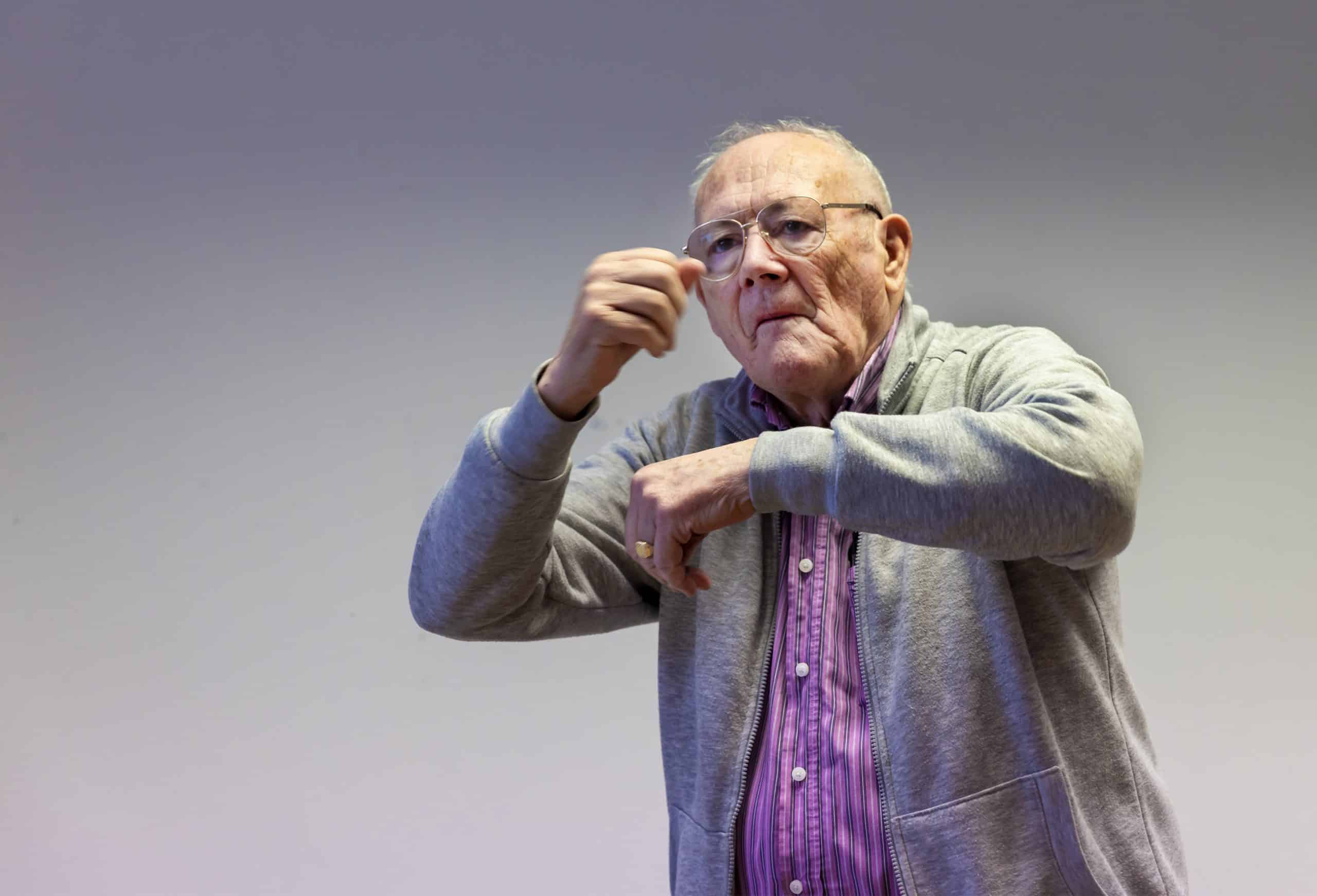Let’s raise awareness for those whose voices go unheard. September is World Alzheimer’s month and the initiative aims to shine a light on attitudes to dementia and Alzheimer’s to redress stigmas and challenge perceptions.
Existing still are misguided perceptions that dementia is a normal part of ageing, however understanding risk factors and building in preventative exercises can create a more dementia friendly society. Worldwide, it is estimated that 55 million people are living with the condition and with a new case of dementia arises every 3 seconds worldwide, it’s time to highlight positive steps towards risk reduction.
Physical activity, tailored to the needs and abilities of those experiencing symptoms, not only enhances their physical well-being but also cognitive function and overall quality of life. What has become increasingly important is showcasing the range of movements available.
A person with dementia still needs a good quality of life and adding movements and exercises into their routine that brings purpose and pleasure will make a huge difference! Regardless of whether someone is living with a long-term health condition, there is no set structure for getting active and it needs to be developed and tailored to each individual.
Key to increasing enjoyment is allowing plenty of time and a quiet, safe environment. People living with symptoms often experience overstimulation and have difficulty with coordination and visual perception so taking this into account can help select the perfect environment and movement.
Walking, cycling on a tandem bike, or gym work allows for a carer or family member to support the activity and all these activities will improve mood, sleep, memory and strength and balance! For some this may be too challenging, so it’s important to engage in the movements that don’t feel like exercise! Dancing, gardening and housework all improve cognitive function and physical strength so it’s vital to remember these count too!
Understanding that there may be an emotional connection to some activities can also enhance the experience. Unlocking those happy memories that revolve around a certain movement can not only bring someone joy and positivity but can help uncover more lost memories. Engaging as many senses as possible can have amazing effects, a certain song, smell or place can encourage enthusiasm for an activity as well as a wave of warm, positivity.
At The Brentwood Tea Dance, they have set up dementia friendly sessions that welcome residents living with symptoms to socialise and dance! Leah Lambert who supports the running of the group said;
“The feeling you leave with, stays with each individual for the rest of the day. Everyone leaves happy and that is what is so great.”
For these residents and many more, the act of attending a group or club goes beyond the physical benefits as they gain more from socialising and being around like-minded people who can support them in their journey.
Physical activity is for all and the beauty of it lies in its ability to be tailored to each individual. This Alzheimer’s awareness month we want to encourage those living with symptoms and those looking to prevent them to find something they love and fully immerse themselves in the benefits that follow.




